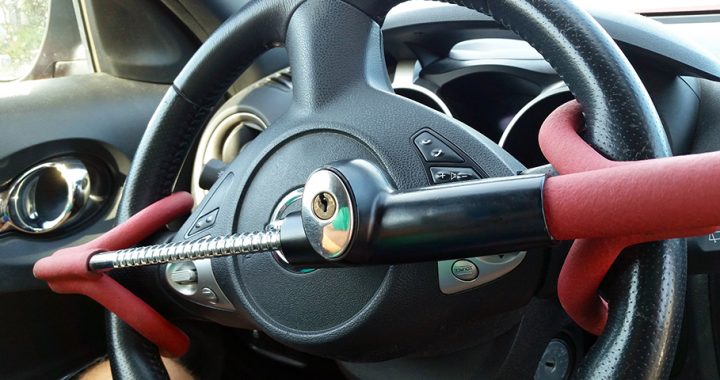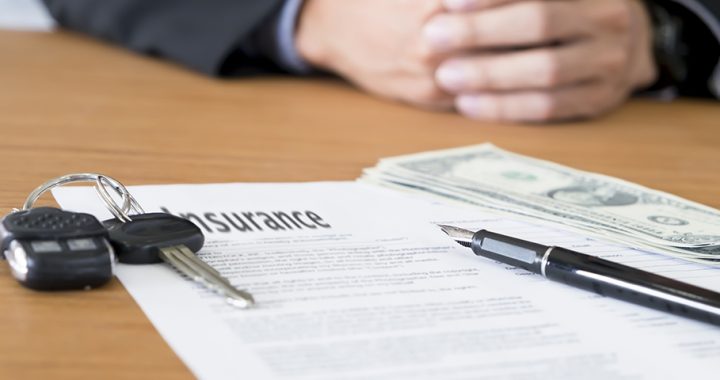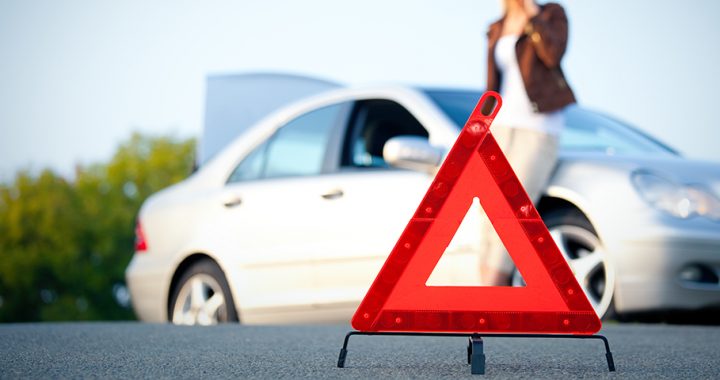Your Home Insurance: Flood And Storm Damage
3 min readAlmost all home insurance policies provide cover against the costs of storm and flood damage. As an absolute minimum you should have buildings insurance which protects you against the costs of repairing, or in the worst case scenario, rebuilding your home. You would be wise to take out contents insurance as well if you want to insure the things within your home as well as the actual building.
Even if you do have home and contents insurance, flood or storm damage can be very messy and troublesome, and while you may be able to purchase new goods, you cannot replace items with sentimental value like family heirlooms. To help prevent damage from storms and floods, make sure your house is properly maintained. To avoid leaks check your roof and replace any missing or damaged tiles. Ensure that gutters are cleared of dead leaves and debris. Cut back overhanging or dead branches which could fall down in high winds and cause damage.
Make sure that you back up your computer regularly, as lightning strikes can cause electricity surges that may damage your computer. Likewise leaks and floods can damage your hard drive. Even if you replace the computer, important files such as photographs will be lost. In a thunderstorm, unplug electrical goods, computers and telephones.
If you believe a storm or flood is likely, move precious and valuable items upstairs if possible, and put important documents including your insurance documents in a watertight container. If that is not possible, because the item is too big or too heavy such as a fridge, try to raise it up off the floor for example with bricks.
Prepare for the possible after effects of a flood or storm by getting out your first aid kit. Other useful items include a battery operated radio, bottles of water and non-perishable food. Make sure you keep your pets in the house while the warning is in place.
If you have been unlucky enough to suffer serious flood or storm damage, the cost of alternative accommodation may be included in your home insurance policy, although very cheap policies are less likely include this. Consider your needs carefully when you buy your home insurance policy and dont just automatically go for the cheapest. It may be worth paying a slightly higher premium to make sure you have the financial protection you would need if your home and belongings were badly damaged.
Call your insurance company as soon as possible if your house or belongings are damaged by storm or flood, and wait to throw away damaged goods because if the insurance company thinks they can repair them they might not pay you to replace them. If it is too inconvenient or dangerous to keep damaged items, then take photographs as proof of their condition before you dispose of them.
Things to look for in your home insurance policy include the cleaning, repair or replacement of damaged items, including the physical structure of your house and accommodation if your house is made uninhabitable. Be careful not to underinsure your belongings and remember to keep an inventory with receipts so that you can prove your losses if the worst should happen.




